The flossing flap: Mind your dentist, and floss every night
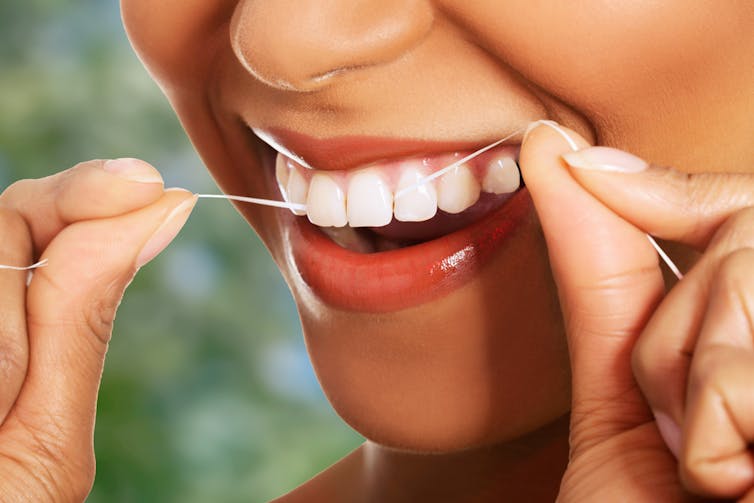
“To floss or not to floss?” has become a big question in the past week. News reports have conflicted, leading to confusion.
First came a story from the Associated Press on Aug. 2 that the Departments of Agriculture and Health and Human Services had dropped recommendations for flossing because no studies provided evidence that flossing actually promotes oral health.
Then came a joint announcement from HHS and the American Dental Association on Aug. 4. The ADA said that “the bottom line for dentists and patients is that a lack of strong evidence doesn’t equate to a lack of effectiveness.” HHS said in a statement to the dental group that flossing is “an important oral hygiene practice.”
As with many questions related to health and medicine, experts may not always agree. As a hospital dentist practicing in an academic setting, I have personally observed the detrimental health effects of poor flossing habits. While there may not be studies yet that substantiate the health benefits of flossing, I see the benefits every day.
Brushing up on the basics
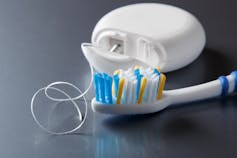
Let’s start with dental basics.
Flossing reduces plaque, the sticky film that collects at the gumline as a result of eating. This plaque layer harbors lots of bacteria. The ADA estimates that more than 500 species of bacteria can thrive in this plaque. Some are good, but some are bad.
An overgrowth of bacteria can be responsible for common problems such as gingival inflammation, bleeding, tenderness, and bad breath.
Flossing, if practiced consistently and correctly, can help prevent some of these consequences. I believe it prevents the development of gingivitis and subsequent periodontitis. Gingivitis is the inflammation that develops at the gumline when plaque accumulates around the tooth. If left undertreated, it can progress to periodontitis, or gum disease with associated bone loss.
Without flossing and regular dental cleaning visits, periodontal disease may cause early tooth loss. It is also directly linked to chronic systemic illnesses such as low birth weight babies, diabetes and heart disease. Treatment for these types of periodontal diseases can be painful, time-consuming and financially draining. No one wants this, trust me. Gingivitis leads to tooth loss, and tooth loss leads to poor health.
Evidence is one thing, experience another
Based on my clinical experience, I believe flossing helps to prevent decay. How? Decay that may occur between your teeth starts just below your contact point, where neighboring teeth meet. Flossing helps to mechanically disrupt the plaque that may build between teeth. If there is no disruption, the bacteria will break down the tooth surface to cause a cavity.
The link between periodontal disease and heart disease has only become more obvious within the last two decades. This does not mean that bacteria in your mouth causes heart disease; it means that some studies have suggested a link.
What is that possible link? Your mouth has lots of bacteria and your gums have lots of blood vessels. Any disruption or accumulation of plaque may cause bacteria to enter your circulatory system. Bacteria can then travel anywhere, such as to the valves of your heart, or even to your brain.
Ultimately, an endocarditis or encephalitis could develop, causing risk to your health. The inflammatory reaction caused by bacteria is the ultimate link between gum disease and these chronic conditions.
You can’t fool your dentist
A visual inspection can tell your story. Your dentist and hygienist can tell if you have been compliant with your daily brushing and flossing. Patients who are not compliant with flossing usually have obvious redness and tenderness during probing and manipulation of the gumline. This can make a routine dentist visit more painful and uncomfortable than it should be.

Good oral hygiene practices of brushing and flossing keep your gums healthy and in turn keeps you healthy. Always brush and floss every day. Otherwise, be prepared for the cavities, gum disease, and the possible progression into diabetes and other chronic conditions.
So, if you are at the bathroom sink tonight talking yourself out of flossing because there is no evidence, talk yourself into it instead. Pick up the floss, make your dentist proud.![]()
Julie Rezk, Assistant professor of dentistry, Vanderbilt University
This article is republished from The Conversation under a Creative Commons license. Read the original article.

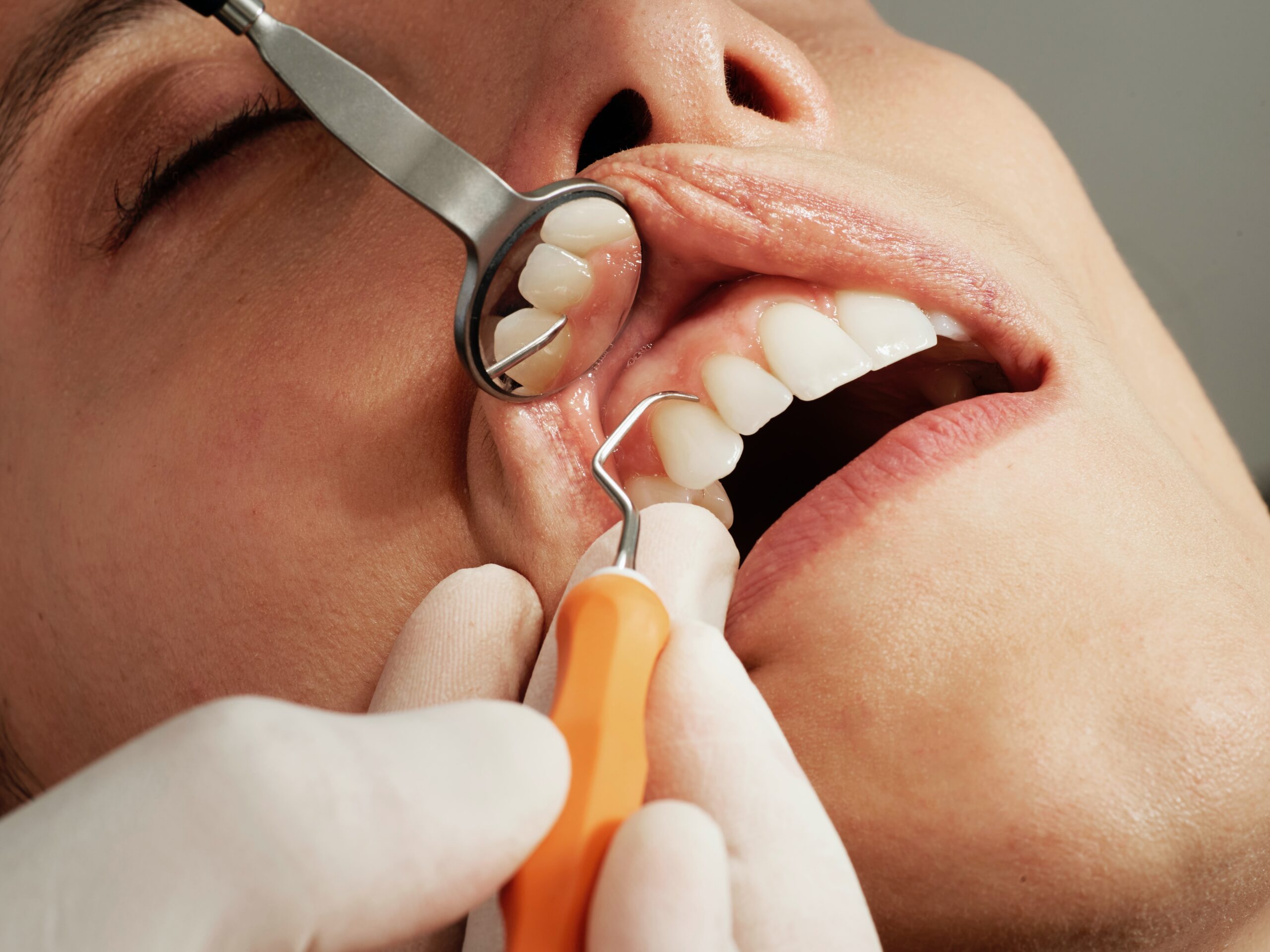
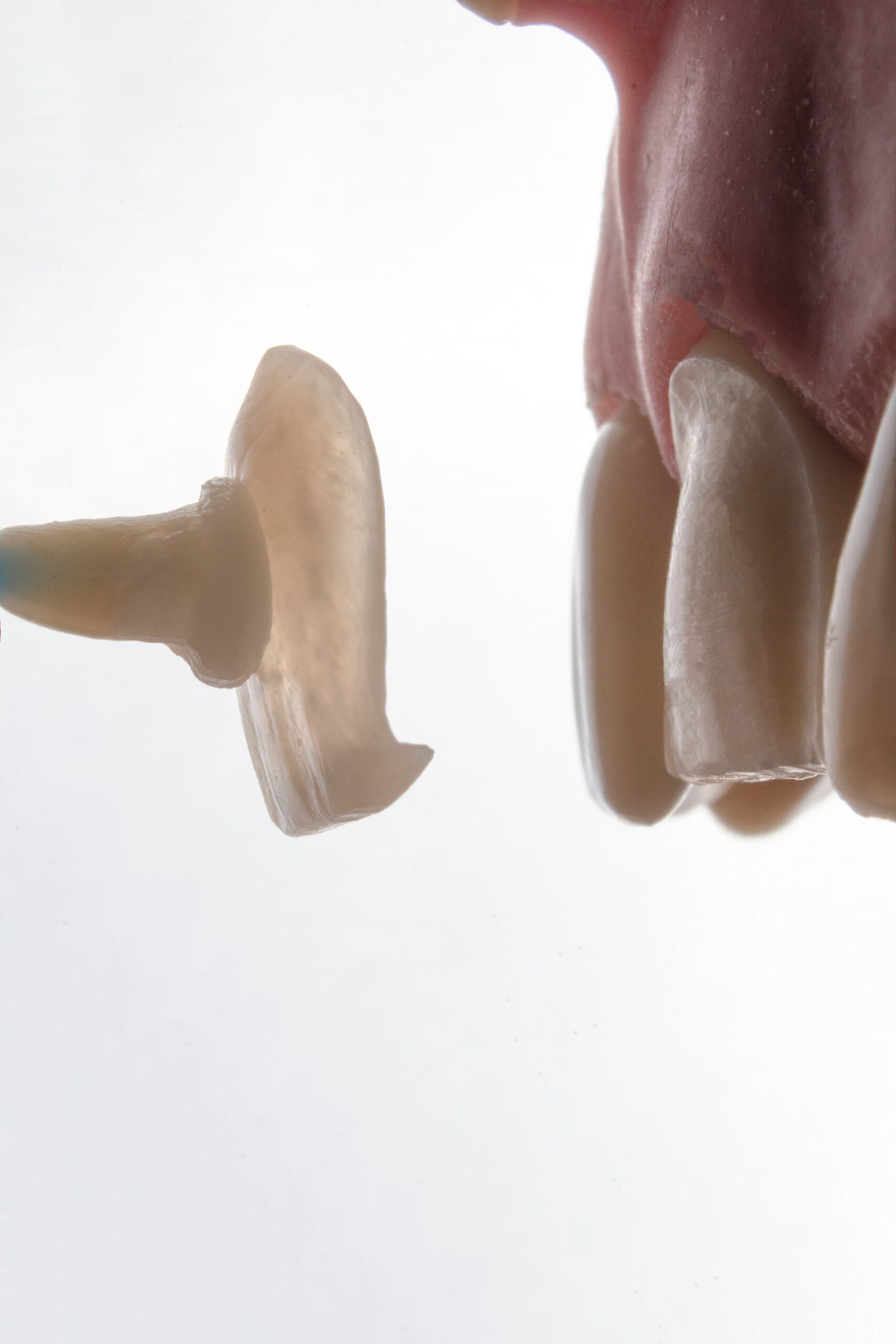

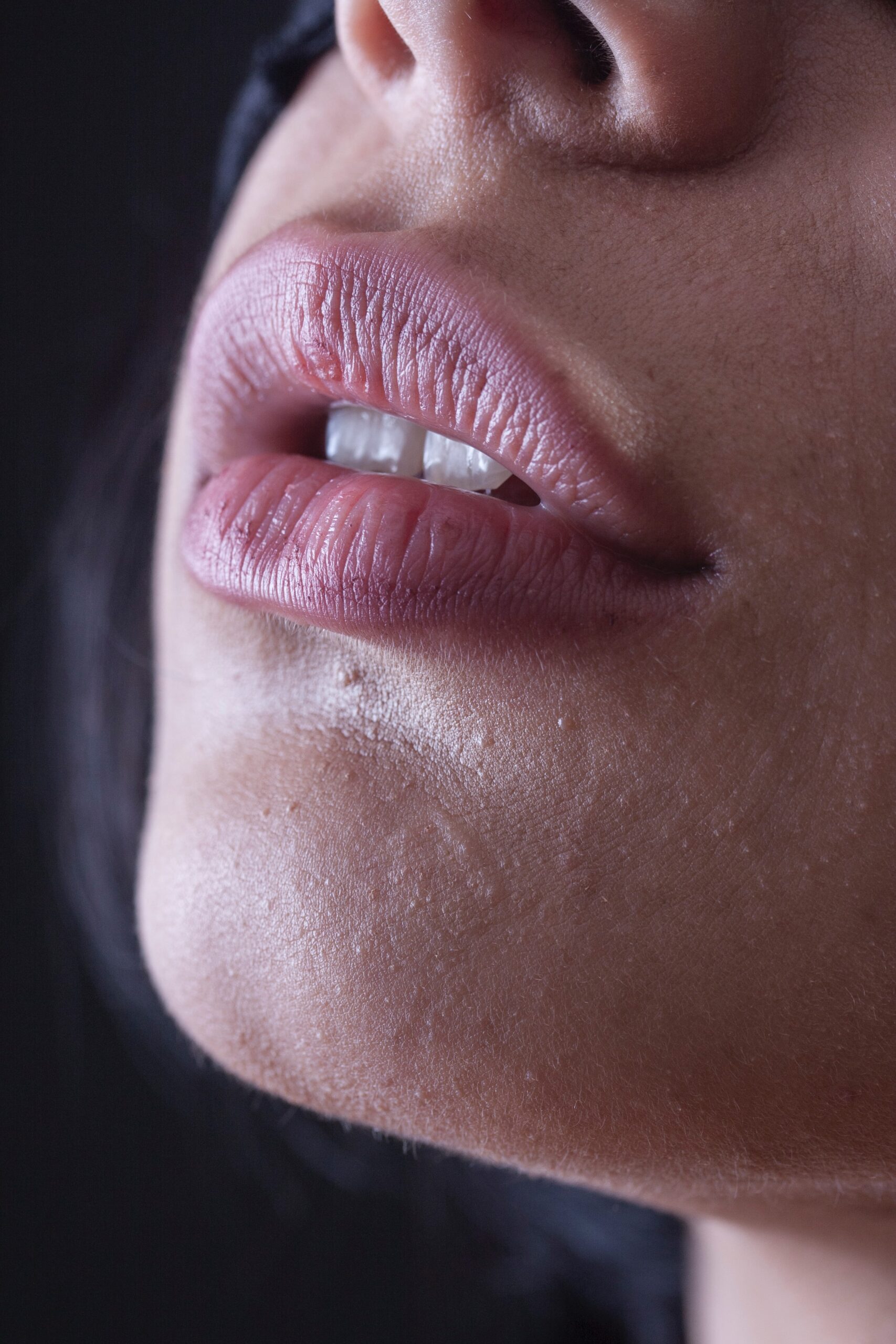
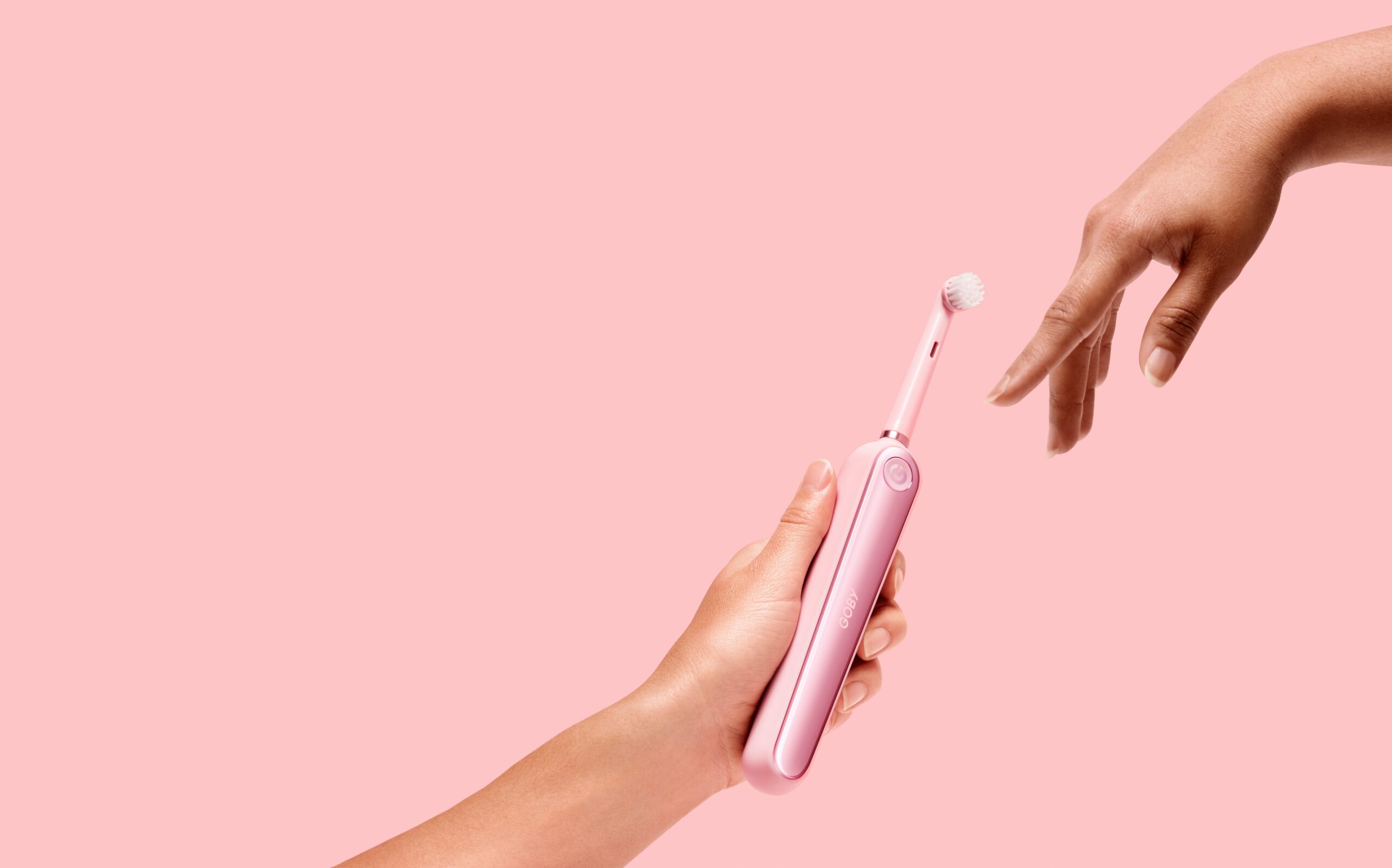
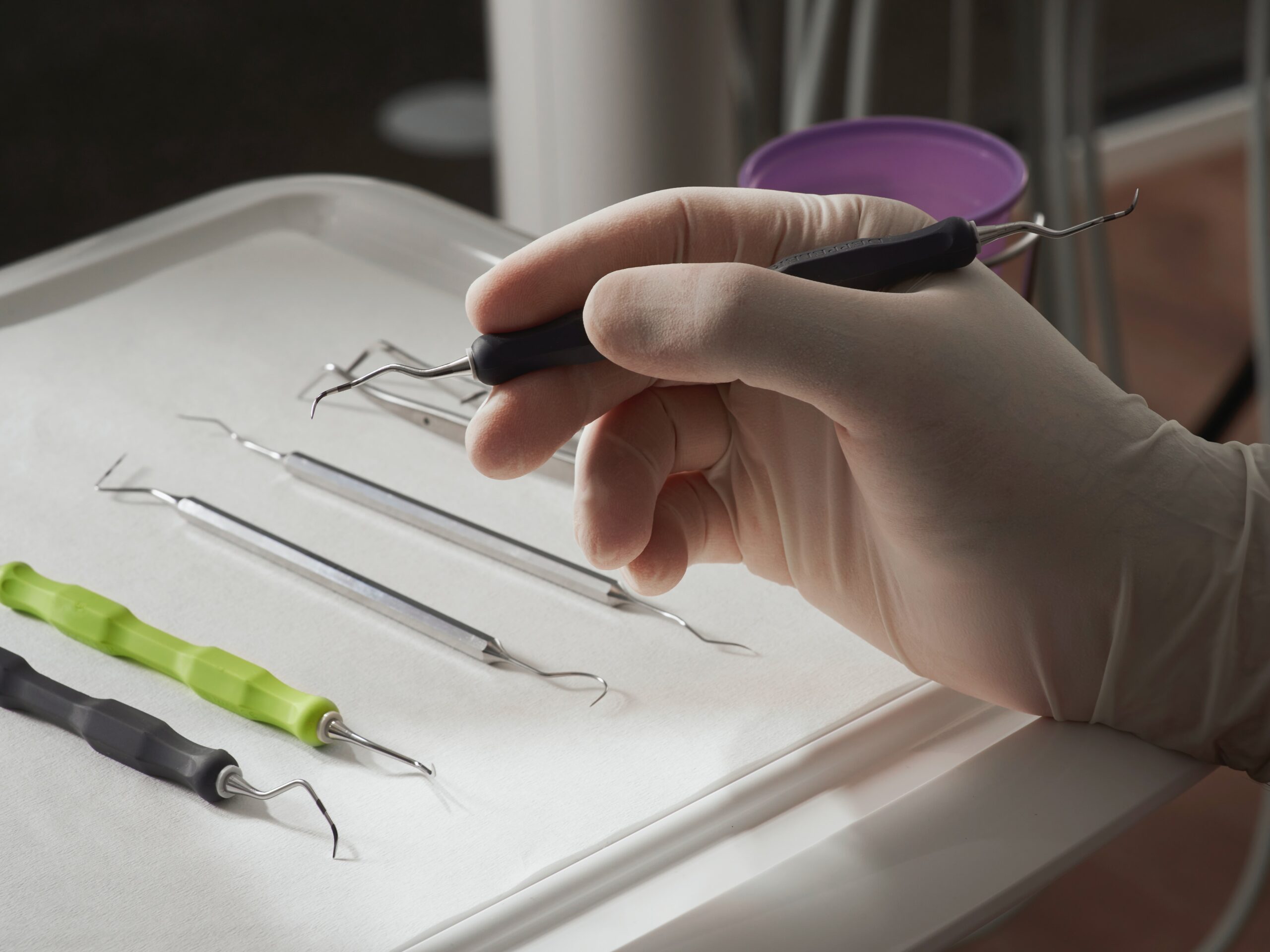
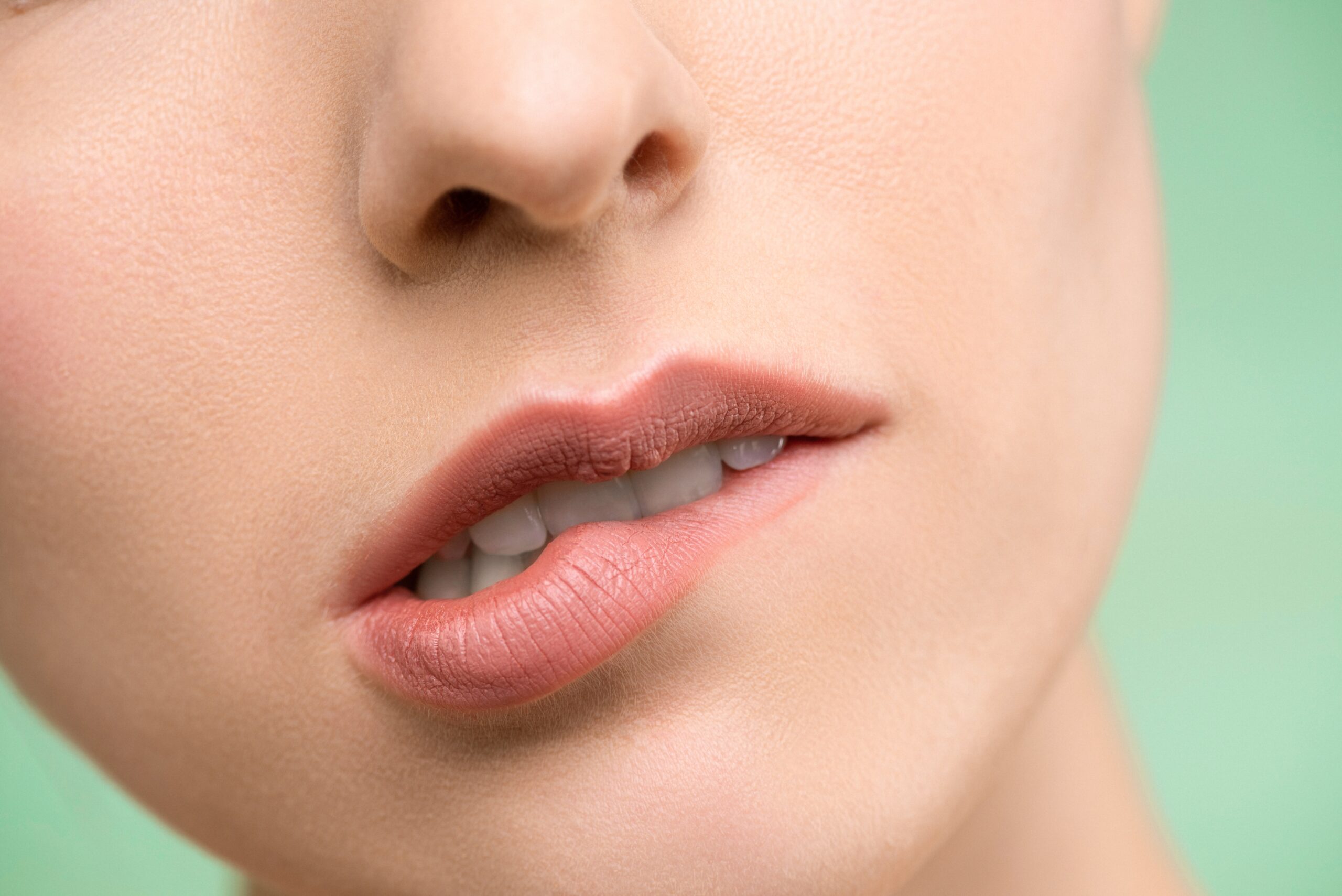
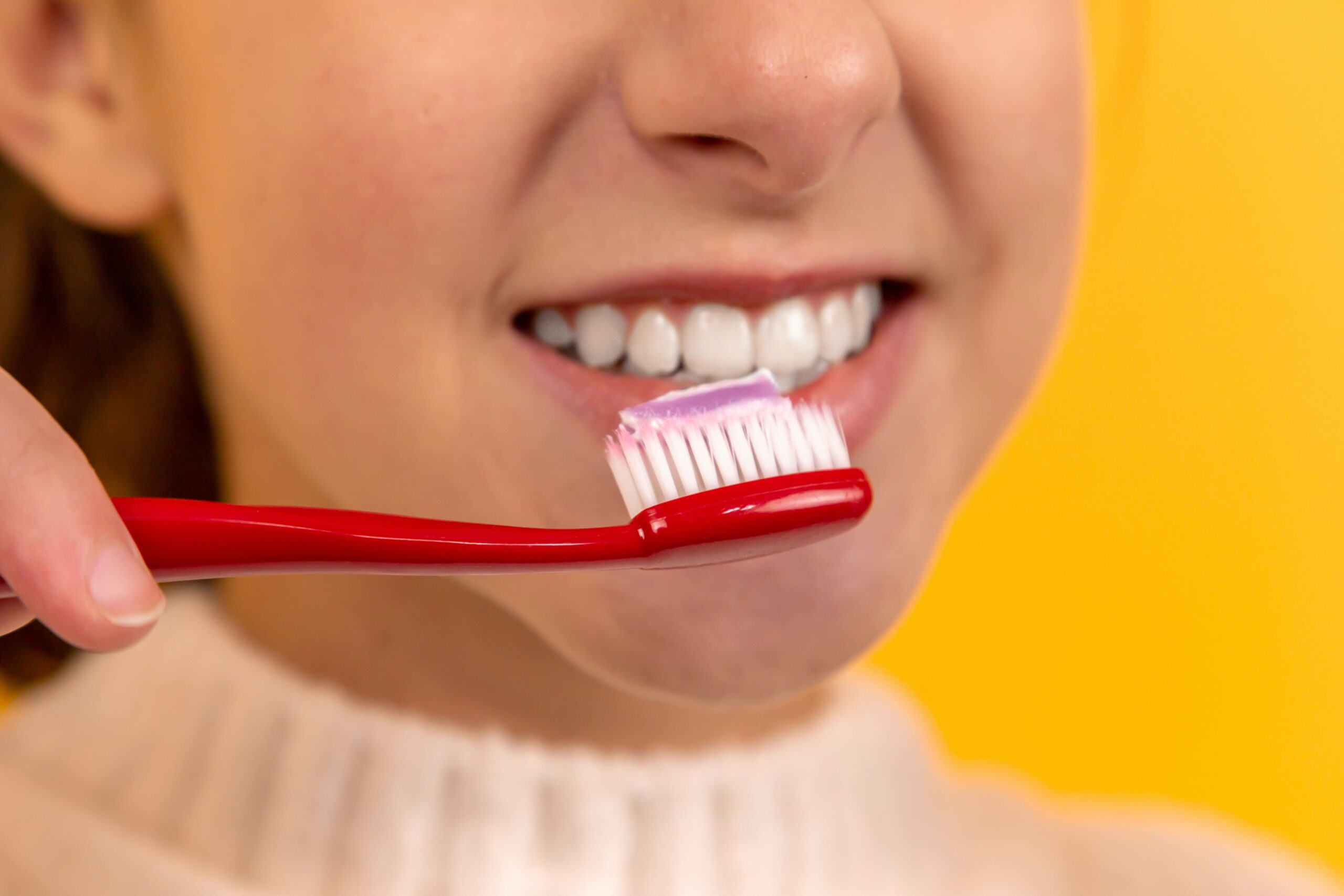
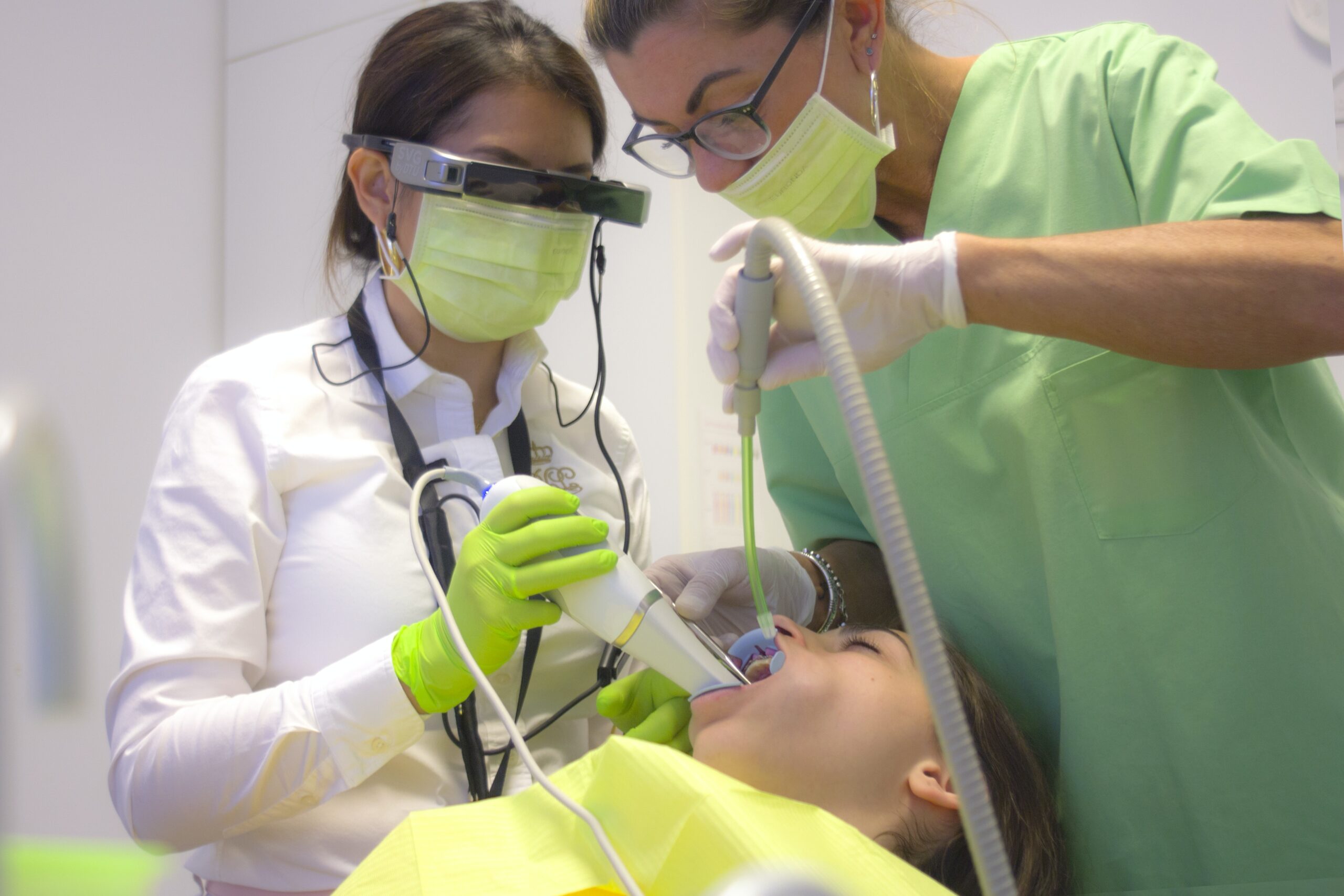
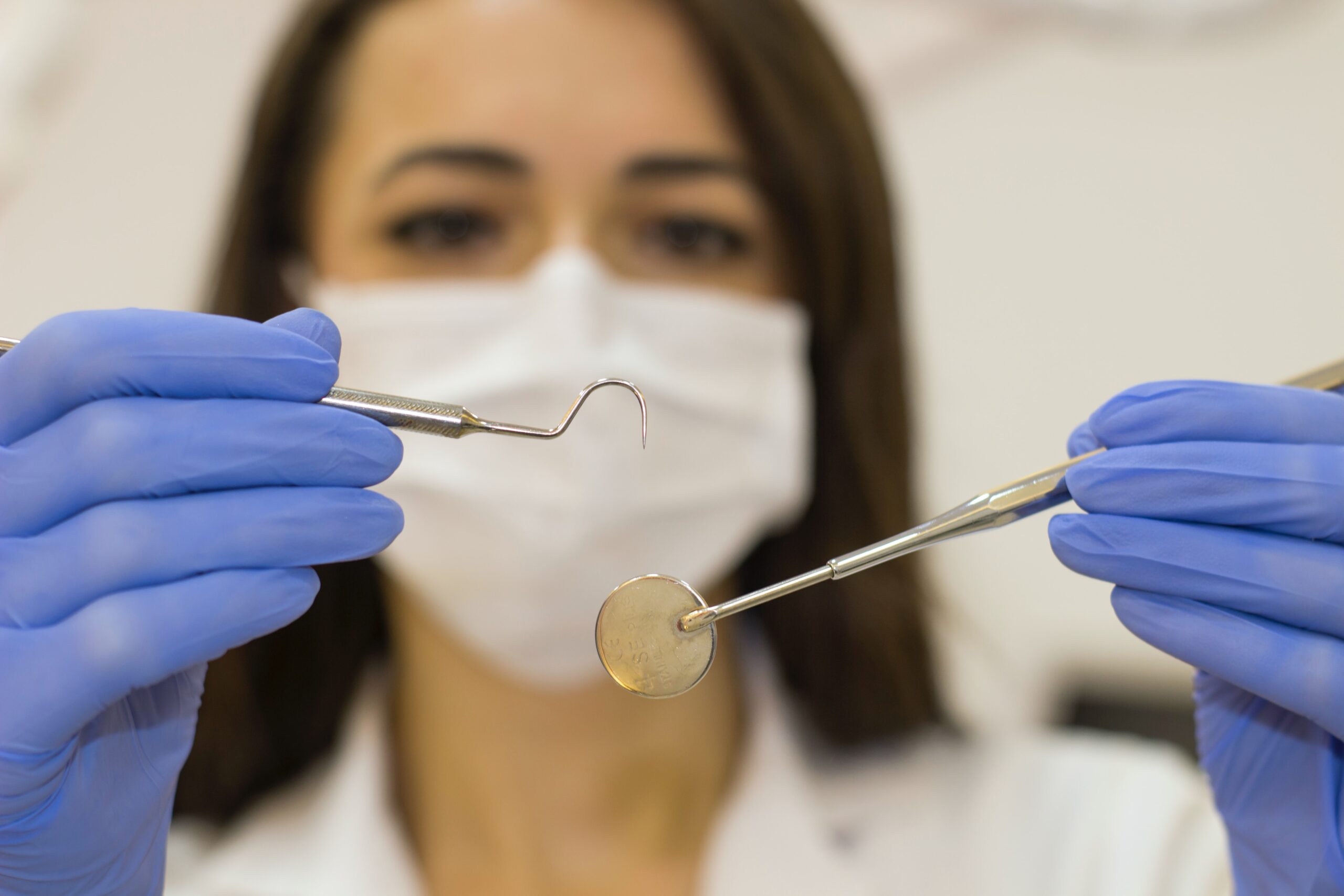
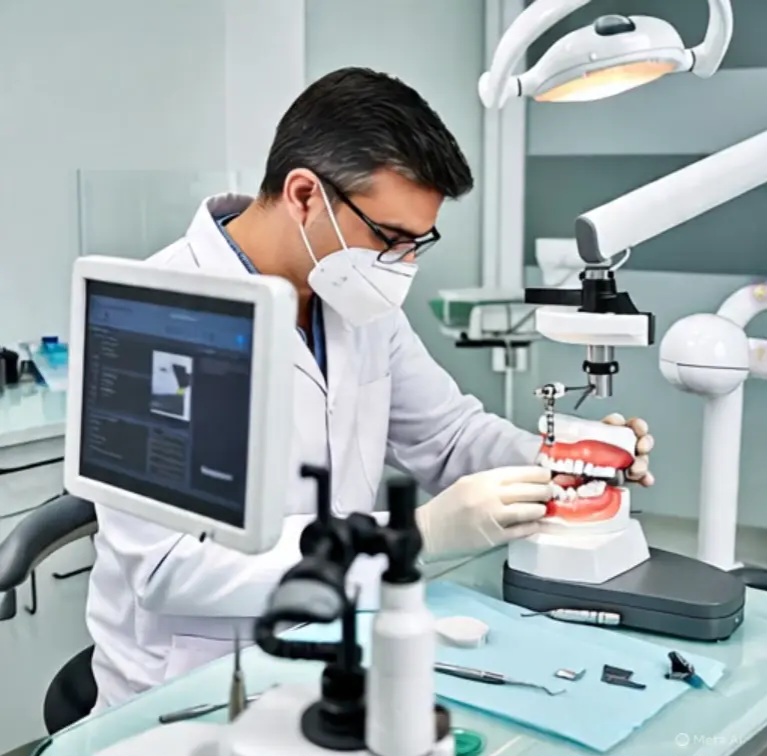



Leave a Reply